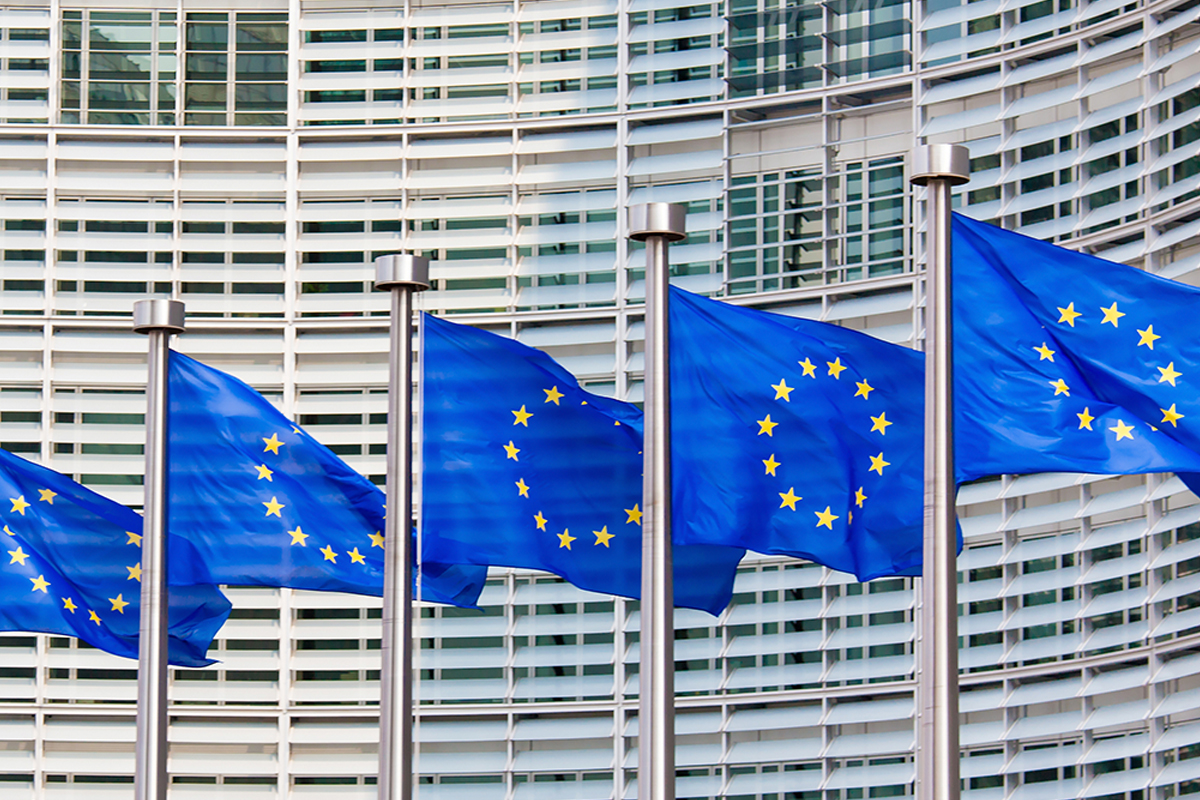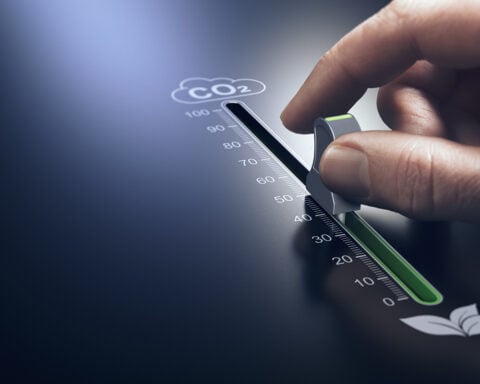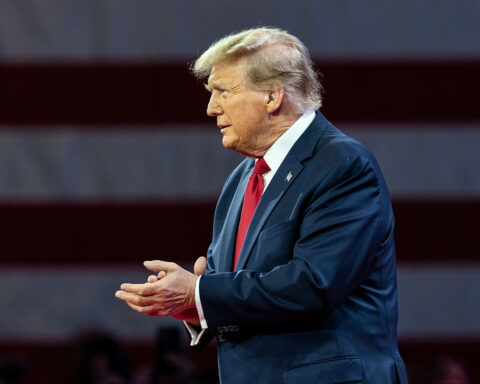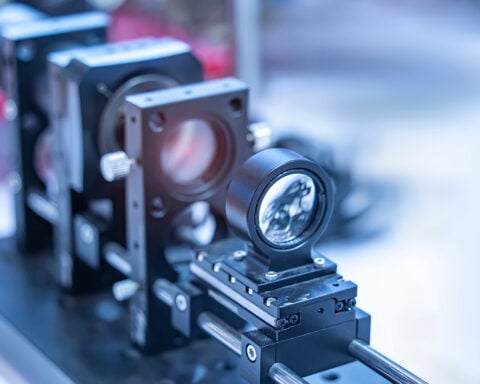Europe is gearing up to reinforce its commitment to environmental sustainability and economic strength with the official approval of the Net Zero Industry Act (NZIA) by European Union governments. This landmark legislation, sanctioned on Monday, aims to propel the EU towards producing 40% of its solar panels, wind turbines, heat pumps, and other clean technology equipment within its borders. By reducing dependence on imports, notably from major manufacturing players like China, the EU seeks to bolster its position in the rapidly expanding green technology market and fend off competition from the United States.
The NZIA stands as a pivotal element of the EU’s ambitious climate agenda and is set to be enacted in the coming months pending final signatures from the presidents of the European Parliament and the Council. Once formally published in the EU’s official journal, the law will herald a new era of green industrial development across the bloc.
At its core, the NZIA underscores the EU’s resolve not only to lead efforts in reducing greenhouse gas emissions but also to establish supremacy in manufacturing the requisite technology. With China projected to dominate a staggering 80% of global manufacturing capacity in solar power and the U.S. offering substantial green subsidies under the Inflation Reduction Act, the EU recognizes the imperative of securing its own stake in the industry.
The targets set forth by the EU under the NZIA are ambitious, aiming to manufacture 40% of the products necessary for greenhouse gas emission reduction by 2030. These products encompass a diverse range of clean energy technologies, including renewable energy sources, nuclear power, heat pumps, electrolysers, and carbon capture technology. Looking further ahead, the EU aspires to capture 15% of global production of these technologies by 2040.
To facilitate the realization of these targets, the NZIA proposes streamlining the permitting process for projects that enhance EU manufacturing capabilities. By aiming to issue permits within a timeframe of six to nine months, the legislation seeks to expedite the development and deployment of green technology infrastructure across the EU.
Additionally, the NZIA heralds a significant shift in procurement practices, mandating that public authorities consider sustainability and resilience factors alongside price when purchasing clean technology products. With a 30% weighting assigned to these considerations, the EU aims to minimize its reliance on supply from a single third country, thereby enhancing the resilience of its clean tech supply chains.
Despite commendable ambitions, the EU faces challenges ahead, particularly in the solar energy sector. Presently, EU manufacturers supply less than 3% of solar panel deployments within the EU, indicating the uphill battle they face in securing a substantial market share. However, the wind energy sector presents a more promising outlook, with the EU enjoying a stronger foothold, albeit one facing increasing pressure from Chinese competitors.
As the NZIA progresses towards implementation, all eyes will be on the EU as it navigates the intricacies of boosting domestic green tech production while balancing economic competitiveness and environmental sustainability. With the global shift towards renewable energy gaining momentum, the EU’s commitment to nurturing a vibrant, homegrown green tech industry signals a bold stride towards a greener, more sustainable future for all.







